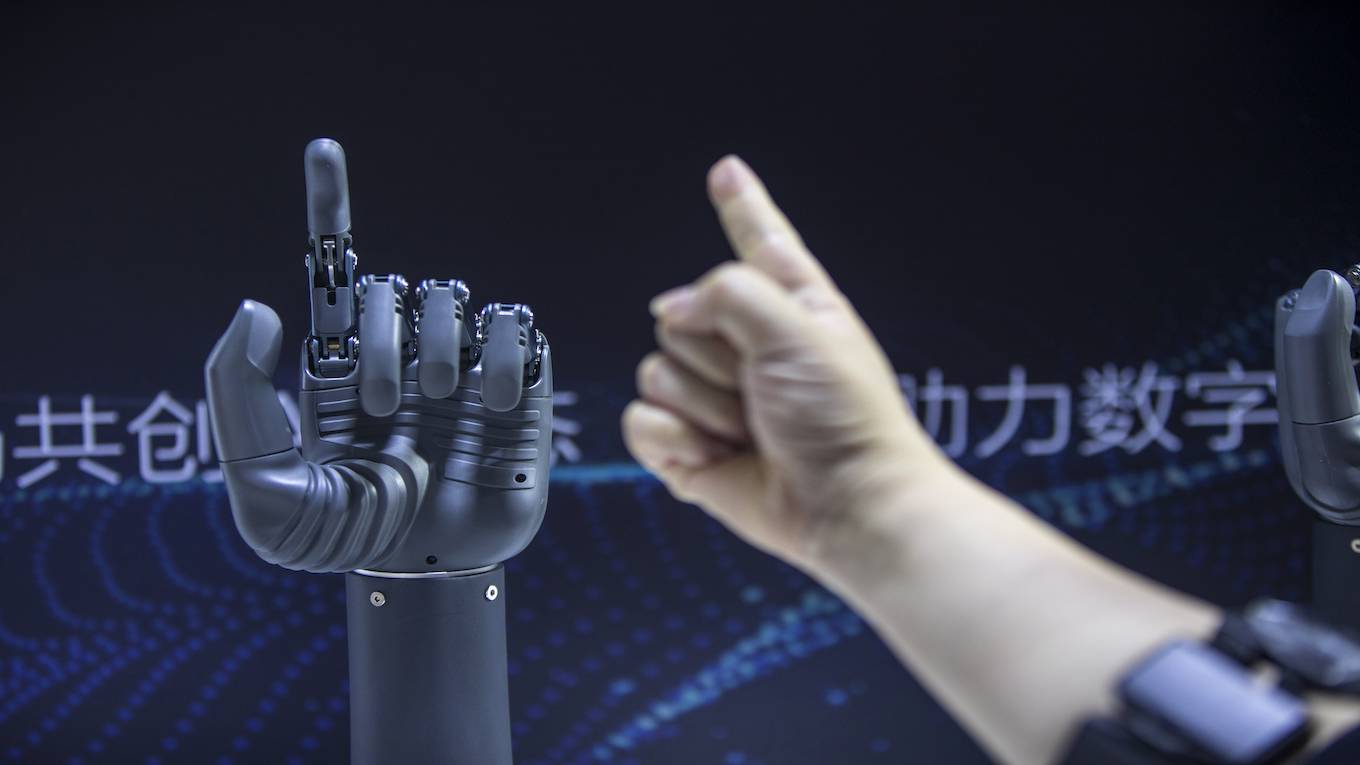
Many think the artificial-intelligence revolution will be at least as big and transformative as the Industrial Revolution – and certainly faster. But geopolitical rivalries mean that governments are unlikely to agree on how to maximize AI’s benefits and limit its potential harms.
In this Big Picture, Eric Schmidt, a former CEO of Google/Alphabet and Chair of the US National Security Commission on Artificial Intelligence, argues that democracies must come together to maintain AI leadership in the face of China’s increasingly authoritarian challenge. But while regions and countries will differ in their attitudes and visions regarding AI, notes Kai-Fu Lee of Sinovation Ventures, they must try to work together to reach practical solutions.
Frank-Jürgen Richter of Horasis emphasizes that ensuring increased adoption and balanced implementation of AI technology will also be crucial to emerging markets’ long-term economic growth and development. But Stan Matwin of Dalhousie University thinks that further advances in AI, while inevitable, will not necessarily be linear, and dispels three common misconceptions about its potential.
Then there is the question of implementation and regulation. Aida Ponce Del Castillo of the European Trade Union Institute argues that the European Commission’s proposed regulation of AI fails to protect citizens’ and workers’ rights adequately. But Stefaan G. Verhulst and Mona Sloane of New York University suggest that solutions may emerge from below, showing how cities are serving as policy laboratories for innovative AI governance.
No comments:
Post a Comment